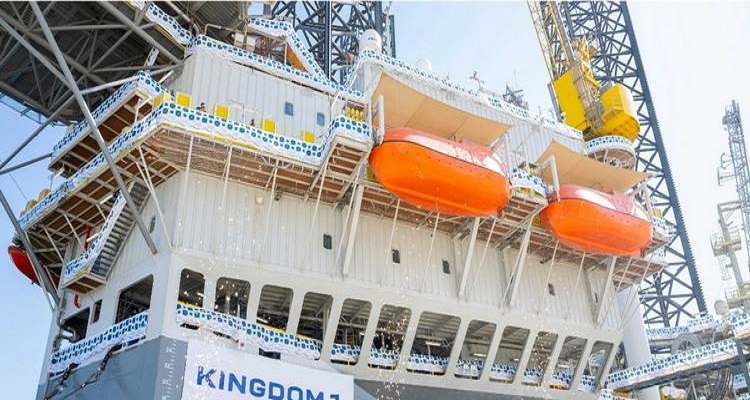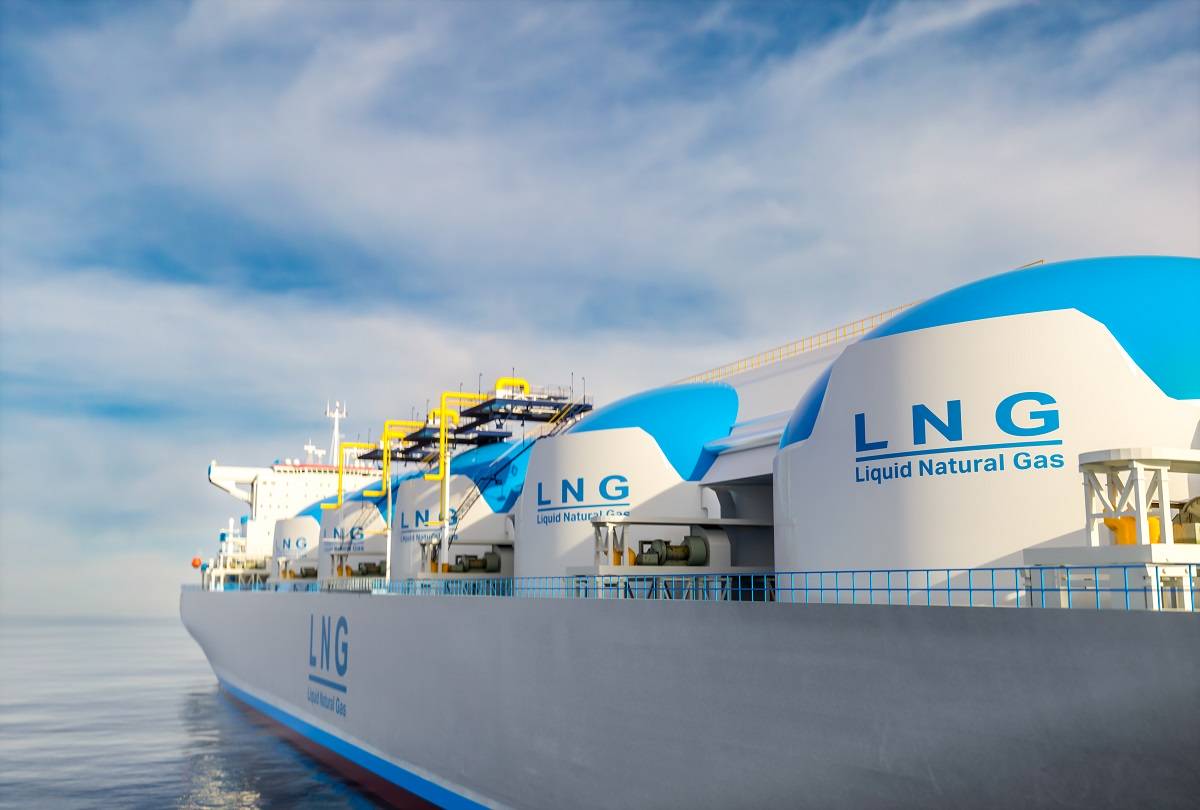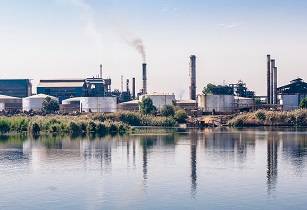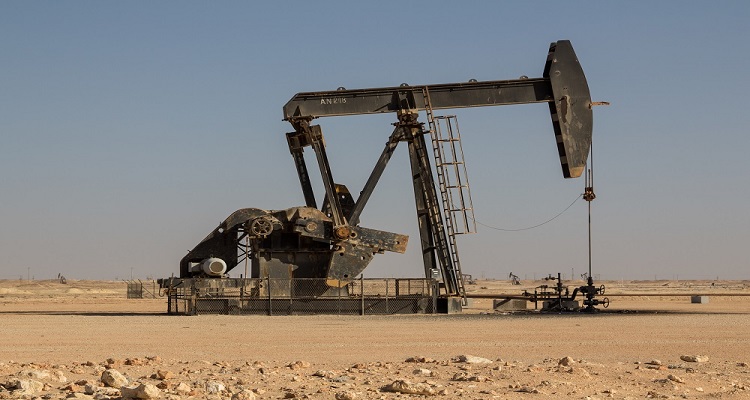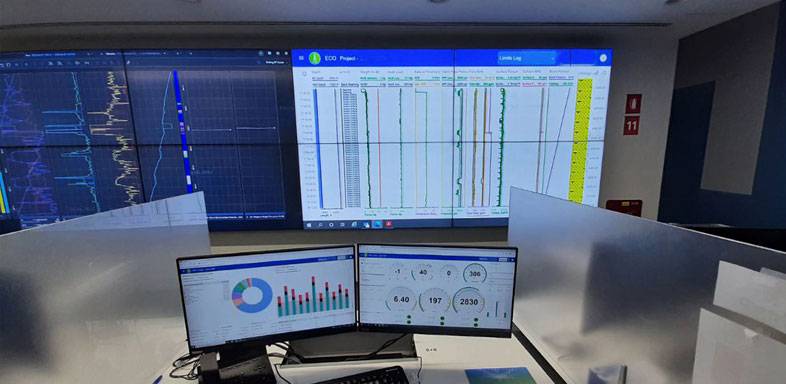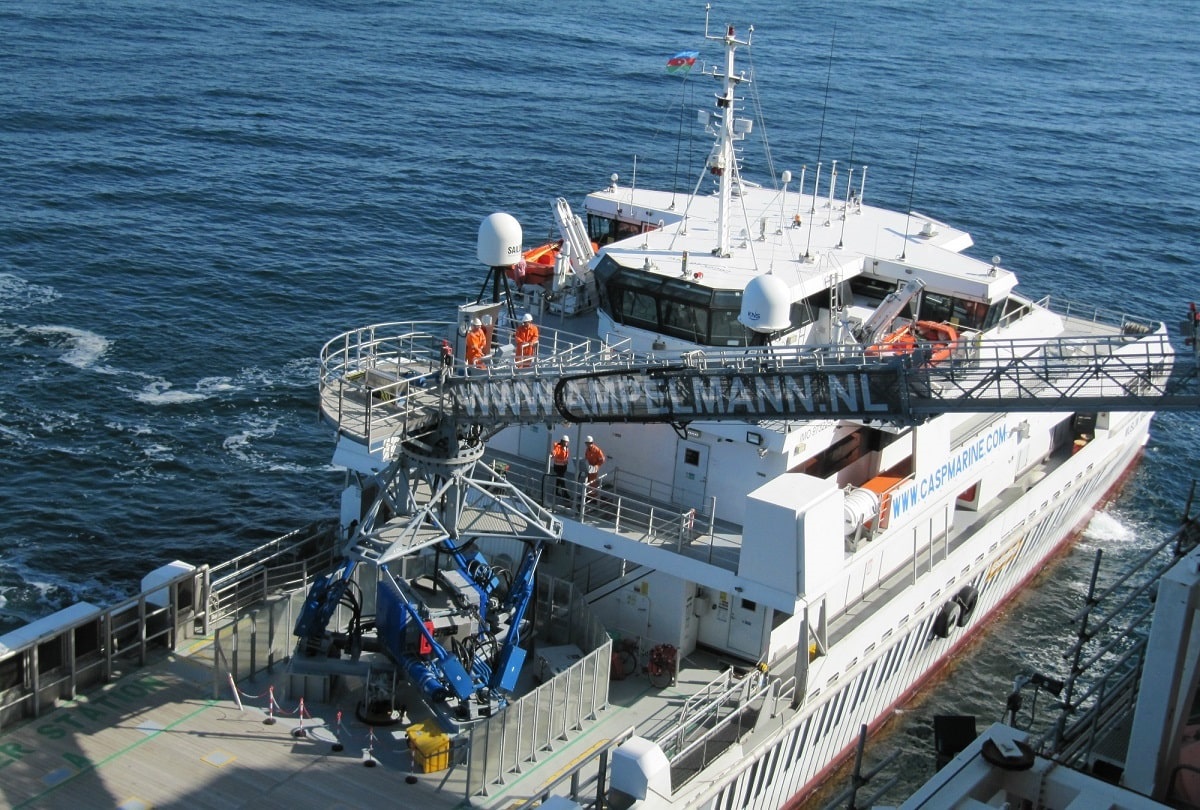As part of the Atlantic Council Global Energy Forum, Frederick Kempe, president and CEO of Atlantic Council, sat down with Hunter Hunt, CEO of Hunt Consolidated, an independent oil and gas company headquartered in Dallas, to discuss the future of the oil and gas industry against the rise of renewables
Hunt, who now runs the family owned business which was established in 1934, provided a resolute point of view on the subject: although the rise of renewables is inevitable, there remains very much a strong future for the hydrocarbon market.
The CEO made this clear as he expressed his belief that the switch to renewables is not so much a transition, but an adaption. Hunt said, “We are lousy, as humanity, at leaving energy forms. Historically even as we moved away from wood and biomass we actually use more of this today than we did in the past. We are using more coal as we did in the past. The reason is we keep adding people and we keep adding economic development.”
Hunt noted that there clearly is an increasing focus to reduce our carbon footprint, customers are demanding it, the industry must take note and his own company has began incorporating this into their business model. The step out of hydrocarbons will occur in the future, but the CEO believed this would be much further in the future than many people have projected, and there will very much remain a healthy hydrocarbon market in the coming decades. Taking Texas as a microcosm, Hunt pointed out that the state has an installed wind capacity of 28GW and yet, if it was a country, it would be around the fifth largest oil producing country in the world.
With the Biden administration poised to re-join former green commitments, and with other countries such as China also targeting net-zero emissions by the mid-century, many experts have predicted that the price of oil will gradually decline over the next few decades as renewables take hold. In contrast to this, Hunt remained optimistic about the oil and gas market suggesting that it will not be so predictable but instead he would be unsurprised to see the price of oil per barrel fall to US$35 but also rise as high as US$100 between now and 2030.
One area where renewables were clearly behind the oil and gas industry, which would undoubtedly slow the transition, was infrastructure. He commented, “The oil system is a phenomenal creation of humankind. Back in February there was a hundred million barrels of oil per day that were showing up in refineries that were found over the years or decades before. They were brought up, cracked open and then delivered to 7.5 billion people in the manner they wanted, in the type they wanted. It puts Amazon to shame as a logistics system.
“We tend to be very bullish on the future of oil because of this. Every year the price of solar and wind power falls and they will eventually win. But they don’t have the supply, distribution, or waste chains. There are so many unanswered questions. We think this is going to be the battle royale out there, and we think it is going to come with a lot of false starts and price volatility over the coming decade.”










